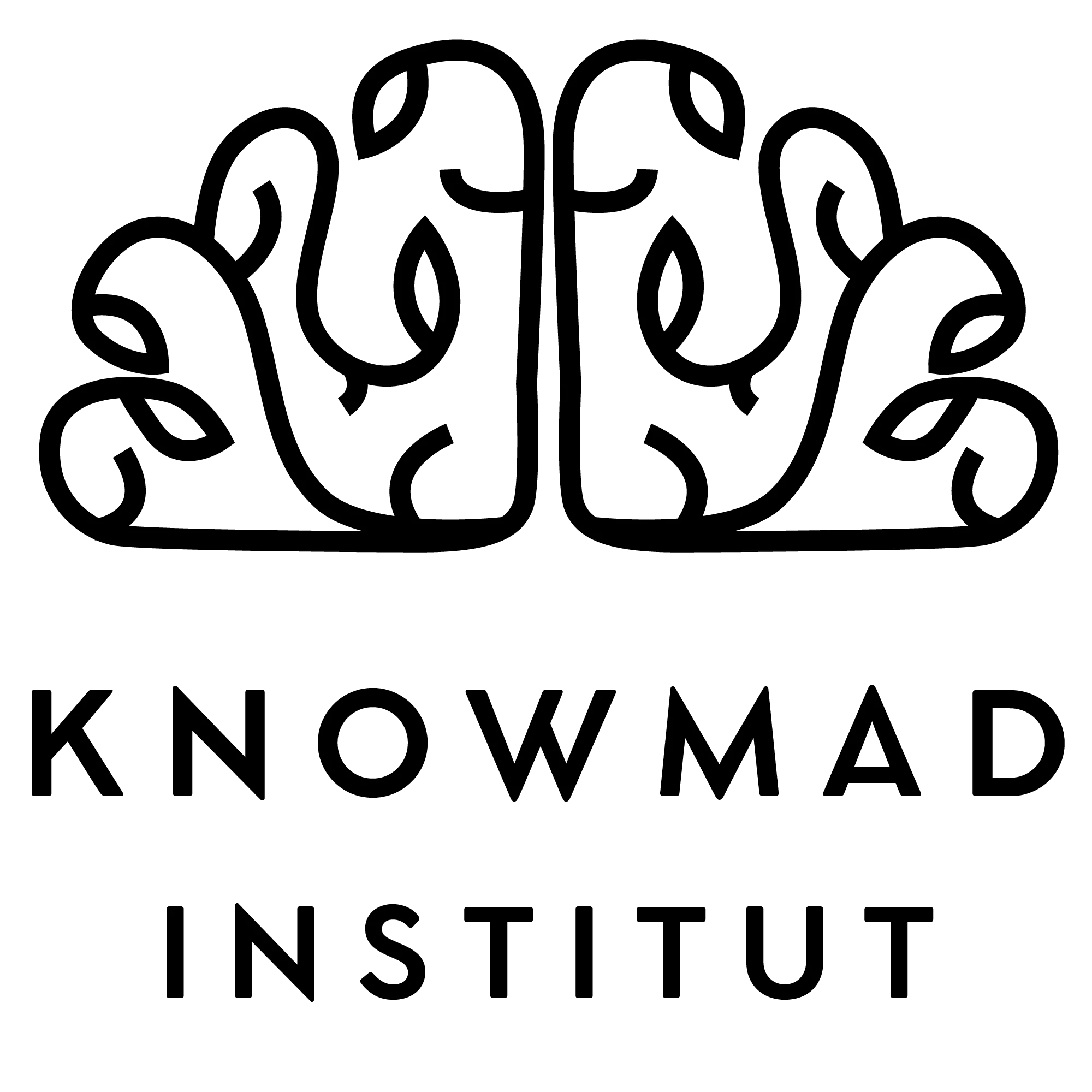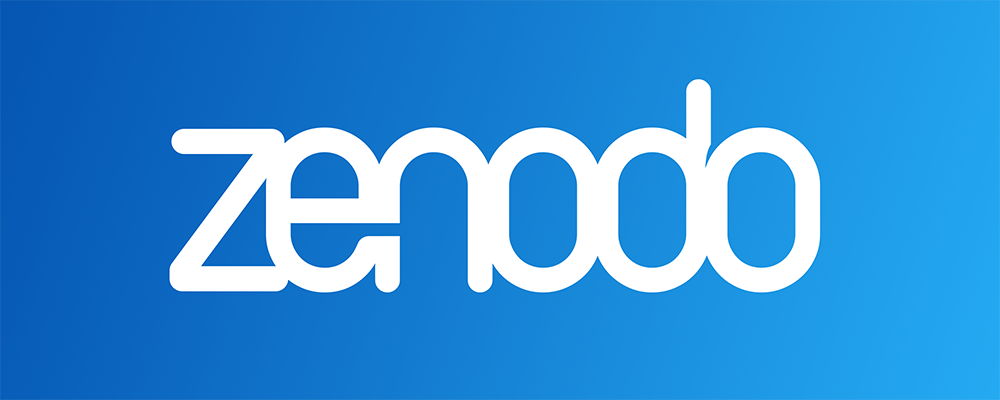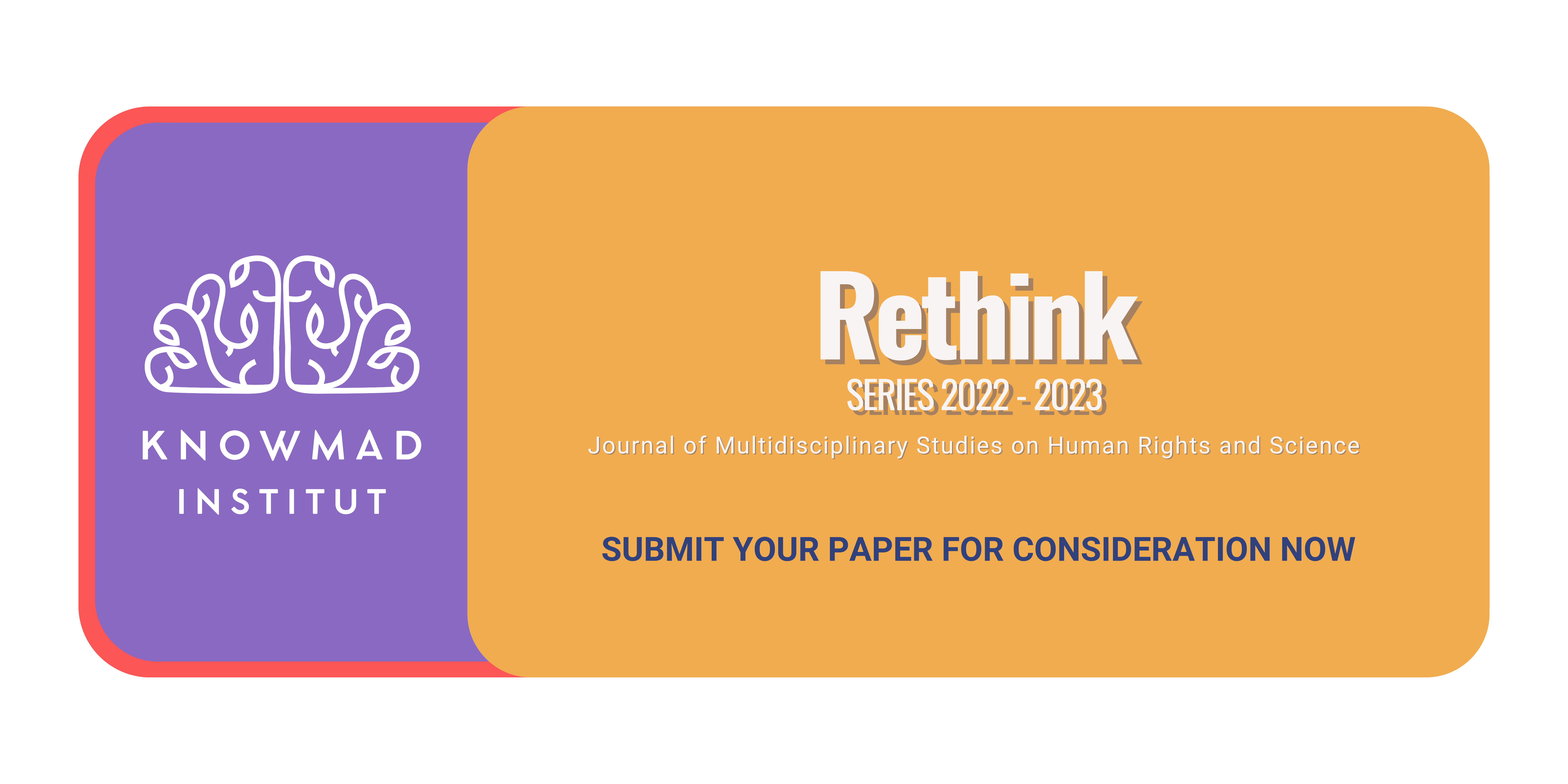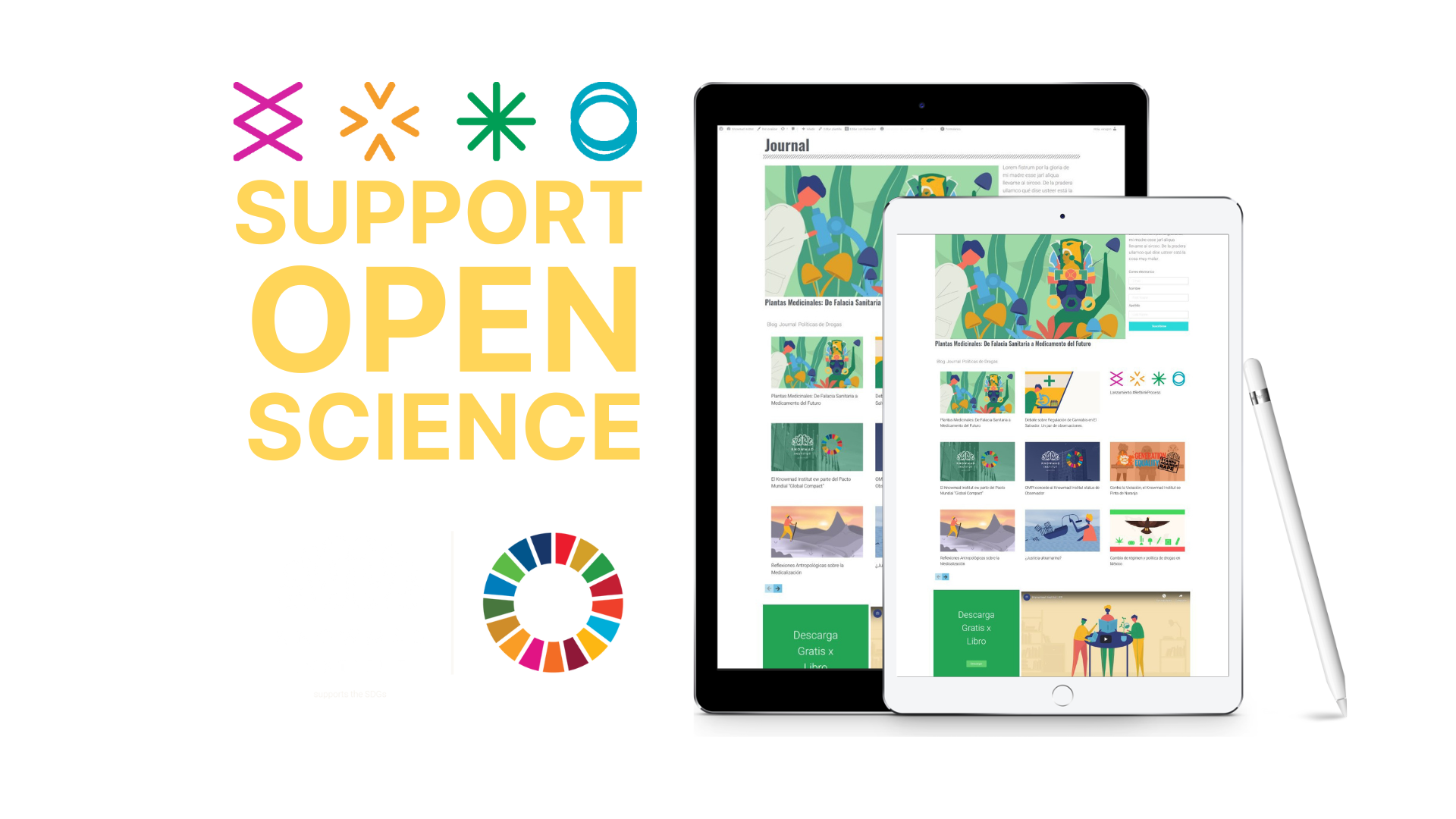
Who we are
We are the Knowmad Institut, a Think & Do Tank who strives to establish Human Dignity as a central element in public and private policies. We firmly believe this is the fundamental key to achieve the UN Sustainable Development Goals set for 2030…Learn more about us
The Problem
While dealing with intergovernmental bodies and policymakers to bring about positive changes in governance policy, we find that scientific knowledge and publications used at this level are concentrated in very few sources, mainly in institutions in central countries of the global North, while decisions affect mostly peripheral countries. Therefore, scientific knowledge with local considerations and understandings is left in the dark, rarely reaching decision-makers and opinion leaders, thus missing the opportunity to have a sustainable and lasting impact. It affects not only the societies and communities in which these policies are implemented, but also undermines the success rates of cooperation projects and multilateralism, in which significant financial and human resources are invested every year.
The Answer
We’ve developed the Journal of Multidisciplinary Studies on Human Rights and Science: a space for research and evidence-based knowledge, with an inclusive and equitable approach that promotes knowledge arising primarily but not exclusively from minorities and vulnerable populations in peripheral countries.

Prof.Dr. Rafael Lara-Martínez

Prof. Dr. Andrés M. Pérez-Acosta

Eng. MA. Marcos Knoblauch

MA. Jorge Molina

MA. Natalia Navas

MA. Oscar Hugo Espin García

Psy. Dulce María Pallero

Rev. Martin Ignacio Díaz Velásquez

Rev. Daniela Kreher
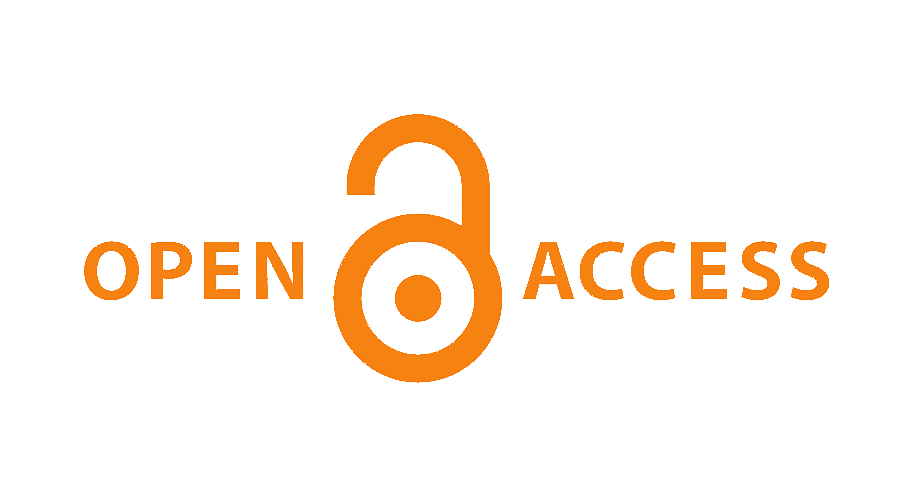
Journal of Multidisciplinary Studies in Human Rights and Science ISSN 2752-1400
This is an open access journal which means that all content is freely available without charge to the user or his/her institution. Users are allowed to read, download, copy, distribute, print, search, or link to the full texts of the articles, or use them for any other lawful purpose, without asking prior permission from the publisher or the author. This is in accordance with the BOAI definition of open access.
The Knowmad Institut’s specialized publications must be accessible and stable over the long term, which is why we adopted the use of Zenodo, an open repository managed by CERN, which issues DOIs for datasets, publications, software and other research artifacts, and keeps them secure over a timescale of several decades.
FAQs
We developed the Journal of Multidisciplinary Studies on Human Rights and Science: a platform for evidence-based research and knowledge with an inclusive and equitable approach that promotes knowledge primarily concerned with minorities and vulnerable populations in peripheral countries. Whether the research is in Human Rights, Sustainable Development, Ethnobotany, New Technologies, Special Populations, Drug Policy, or Ethnosphere Preservation. The JOURNAL seeks to give a voice to researchers, academic institutions, and other think tanks, in order to promote ideas and actions that can have a positive impact on public and private policies.
You can support the work of the Knowmad Institut, the Journal, and the knowledge generated in the periphery with a donation here.
Academics and researchers worldwide may submit papers to the Journal of Multidisciplinary Studies on Human Rights & Science.
Yes, but please submit only your most rigorous papers for consideration.
Yes, in fact, even individual authors must list the collaborators they have worked with.
Due to the volume of applications, you will receive a notification on the status of your application within six months.
German, English and Spanish.
If your manuscript is accepted, it will be reviewed by our co-editors for spelling and formal style before publication.
The Peer Review policy of "The Journal of Multidisciplinary Studies in Human Rights and Science" performs an editorial review in addition to the peer review that is requested with the submission of manuscripts.
The Journal also keeps the possibility of Open Peer Review.
To be considered, you must have at least two peer reviews of your article.
Manuscripts in which plagiarism is detected are treated according to the extent of plagiarism.
All manuscripts with >30% plagiarism are rejected without exception.
If more than 30% plagiarism is detected, it is considered highly unlikely that the authors have revised the manuscript. Authors may rectify and submit a revised version.
The journal does not tolerate plagiarism, including duplicate publication of the author's own work, in whole or in part, without proper citation in APA format. The originality of manuscripts submitted to the journal can be checked by means of an anti-plagiarism software program.
Plagiarism is the passing off of ideas, words and other creative expressions as one's own. Plagiarism takes several forms.
Copying elements of another author's work, such as figures, tables or illustrations that are not in the public domain, or intentionally copying or using textual phrases without citing the source.
At the Knowmad Institut we are committed to open access (OA), so all our publications are licensed under a CCeative Commons Attribution-NonCommercial 4.0 International (CC BY-NC 4.0) license.
The authors grant the distribution rights of their proposals to the Knowmad Institut gemeinnützige UG (haftungsbeschränkt) for non-commercial purposes.
True to our commitment to Open Science the Journal of Multidisciplinary Studies in Human Rights & Science is published in a community created by the Knowmad Institut on Zenodo, which is a repository built and developed by the OpenAIRE project, at the forefront of the Open Access and Open Data movements in Europe, was commissioned by the EC to support its fledgling Open Data policy by providing a general repository for EC-funded research. CERN, an OpenAIRE partner and pioneer in open source, open access and open data, provided this capability and Zenodo went live in May 2013.
The Knowmad Institut's specialized publications must be accessible and stable over the long term, which is why we adopted the use of Zenodo, an open repository managed by CERN, which issues DOIs for datasets, publications, software and other research artifacts, and keeps them secure over a timescale of several decades.
The publication fees for articles are supported by private donations that wish to empower multidisciplinary and independent science and research.
You can support the work of the Knowmad Institut, the Journal, and the knowledge generated in the periphery with a donation here.
Yes, all our publications include a DOI.
Yes, unless your submission has already started the review process and your paper has been assigned a DOI.
In addition to the use of the template format, the citations in APA 7 format that are necessary for the success of your publication, we suggest using open source tools such as:
ORCID (Open Research and Contributor ID) is a unique identifier whose main purpose is to provide researchers with a persistent and unequivocal author code that clearly distinguishes their scientific production and avoids confusion related to scientific authorship and the existence of coinciding or similar personal names. The ORCID ID of a researcher will always be the same, thus overcoming linguistic aspects, institutional affiliation and incidences linked to the standardization of the scientific signature.
ORCID also provides a place to register papers and other data, from where to share them and interoperable with other identification systems (ResearchID, ScopusID, etc.).
It is an open, non-profit, global initiative, supported by major stakeholders and research institutions such as CERN and MIT. The ORCID researcher identifier is composed of 16 digits and has a url structure.
Its use is becoming a requirement in research calls as well as in publication and scientific communication processes.

Use the Knowmad Submission guidelines
Quotations – APA 7th Style
Extension from 1700 words
Categories: Sustainable Development | Human Rights | Drug Policy | Special Populations | Ethnobotany | New Technologies
The papers must be related by at least one of the 17 SDGs
Languages Allowed: English, Spanish, German
Knowmad Journal Supporter
Spende / Donation-
Research
-
Open Access
-
Specialized Publications
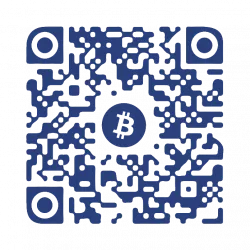
Bank Account:
Knowmad Institut gUG
IBAN: DE53 1705 2000 0940 0577 43
BIC (SWIFT): WELADED1GZE
Bank: Sparkasse Barnim
WAIVER
I understand that my donation to the Knowmad Institut gemeinnützige UG (haftungsbeschränkt) becomes the property of the Institute and that the Institute has final control, authority and discretion over its assets. All use of the funds of the Knowmad Institute is in accordance with the principle of promoting science and research as a non-profit organization in accordance with § 52 of the AO.
